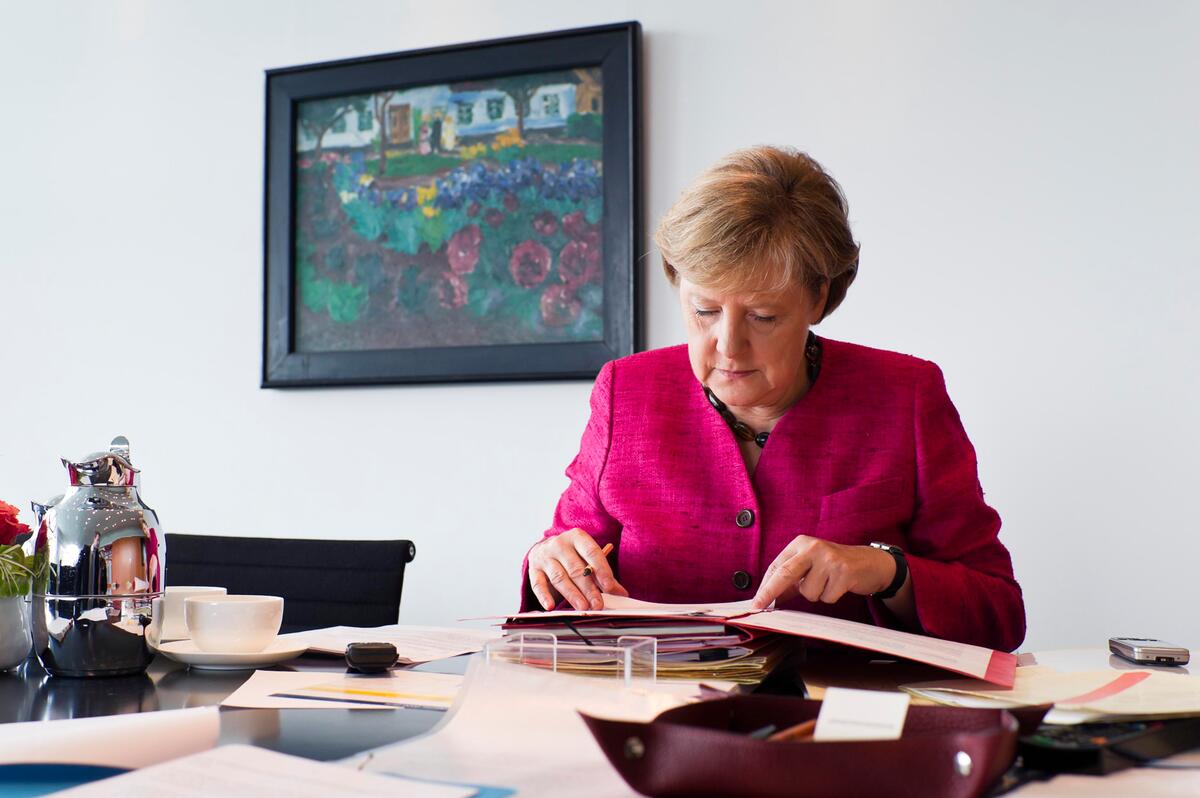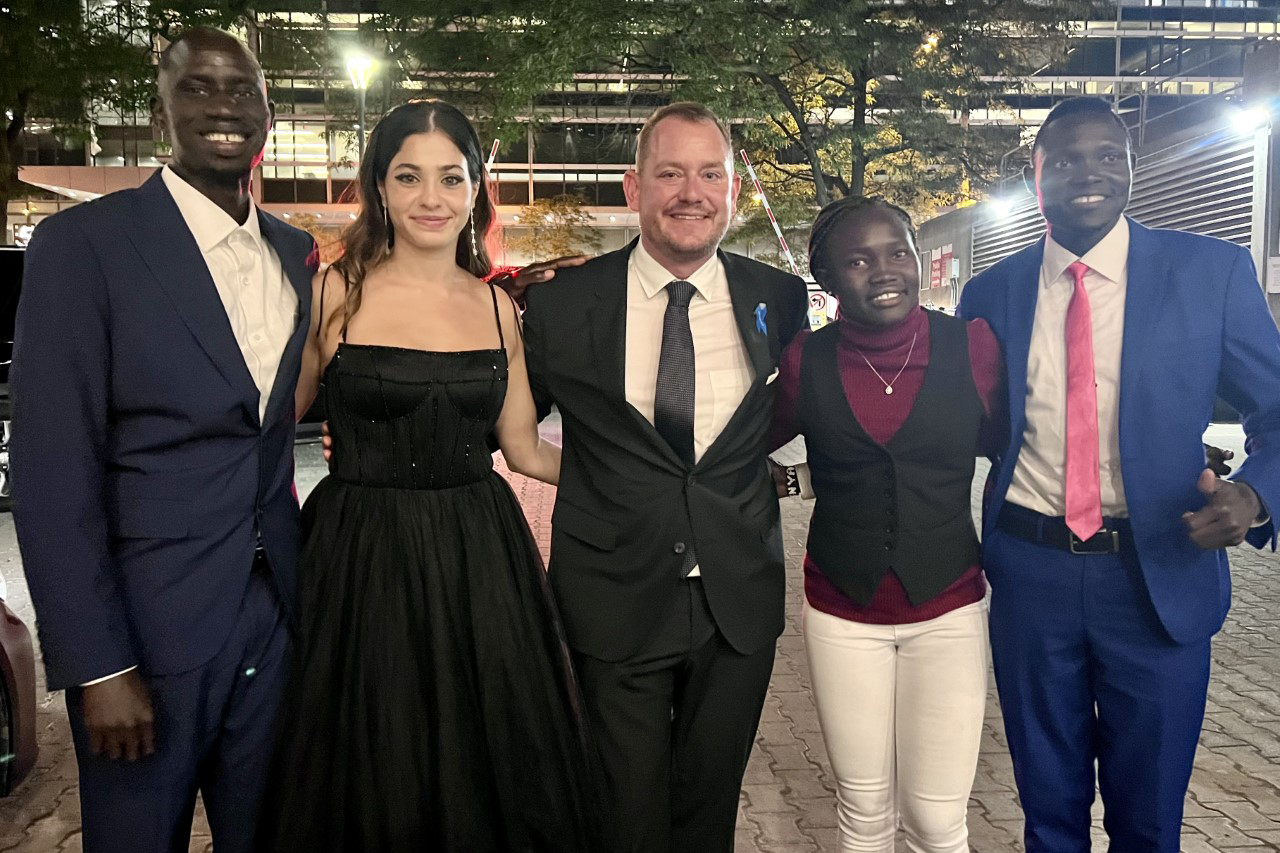Syrian refugee ties the knot in Tunisia
Syrian refugee ties the knot in Tunisia

SFAX, Tunisia – Dressed in a dark suit and bow tie, his hair neatly combed to one side, 30-year-old Syrian refugee Chawket Cheikh Mohammed smiles warmly as the guests congratulate him and his new wife after their wedding ceremony in Sfax, Tunisia’s second city.
The joy of the day is tempered with sadness for Chawket. Having arrived in the country in 2014 after fleeing brutal fighting in his hometown of Aleppo, he has not seen his own family since the start of the Syria conflict in 2011. Now living in Turkey and unable to secure visas to travel to Tunisia, Chawket’s family could not attend the wedding.
“It is very difficult to get married without your family around you,” he said. “During the ceremony, it hurts to look around at the guests and not see my loved ones there.”
Despite the absence of his parents and siblings, Chawket felt fortunate to be marrying his sweetheart Asma, a 22-year-old medical student, having overcome tradition, administrative hurdles and the initial opposition of some of her family members to the relationship.
He has also benefited from Tunisia’s tolerance towards refugees and asylum seekers, and is among the hundreds of Syrian refugees who have been accepted and settled into towns and cities across the country.
"I was alone and a foreigner."
After initially connecting on Facebook, Asma encouraged Chawket to move to her hometown of Sfax after he struggled to find work in the capital Tunis. They met and became friends, and Asma’s father helped him to find a job as a carpenter using skills he learned from his decorator uncle back in Aleppo.
As Chawket and Asma grew closer he began to fall in love. “She helped and supported me from the start when I was alone and a foreigner in this country. She made me feel that I am special person and not a stranger.” But as an outsider he was at first reluctant to express his feelings, aware that most young people in Sfax married from within their own community.
When he finally found the courage to propose to Asma, some of her relatives opposed the match. But faced with the couple’s determination, and with the support of Asma’s grandfather in particular, they ultimately secured the family’s blessing.
Chawket’s problems didn’t end there, however. As a Syrian refugee, he lacked the paperwork necessary to marry in Tunisia. Having registered as a refugee with UNHCR – the UN Refugee Agency – Chawket benefited from the humanitarian assistance and legal protection that the organization provides.
“Temporary residence will help me with work opportunities."
With the help of UNHCR’s partner the Adventist Development Relief Agency, he was also able to secure a work permit for his carpentry job. This ultimately allowed Chawket to apply for temporary residence in the country, and thus secure the paperwork he needed for the wedding to go ahead. His newfound legal status could also help him achieve his other great wish.
“Temporary residence will help me with work opportunities, but more importantly it will allow me to invite my family to visit after not seeing them for six years. It has made it possible for me to reunite with them,” he explained.
As the pair embark on their new life together, Chawket has found a new job training as a pastry chef, and dreams of one day opening a patisserie blending Syrian and Tunisian specialities that reflect his own unique journey.
“Being married to a woman like Asma, I believe that having been deprived of something – my family and home – God has compensated me with something even better.”








